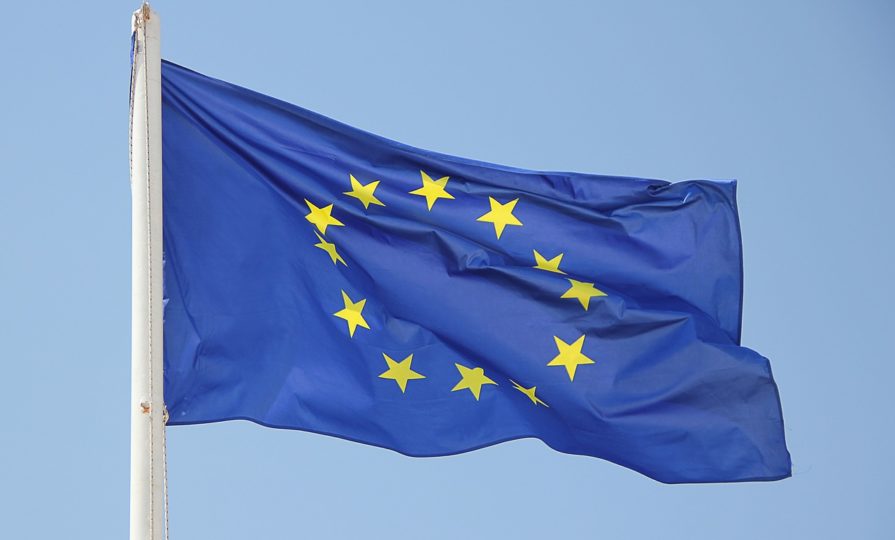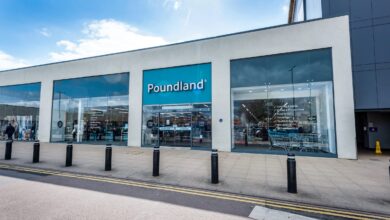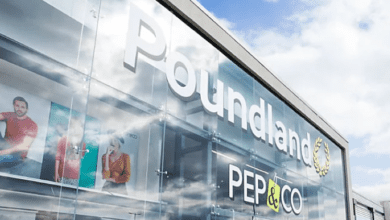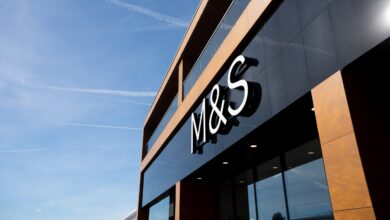Northern Ireland’s business community want compensation for their Brexit troubles

To say that Brexit has been ‘divisive’ is both an understatement and also a cliché of the highest order. But Johnson’s election victory, as we are all now well versed, will not bring an immediate end to the arguing.






